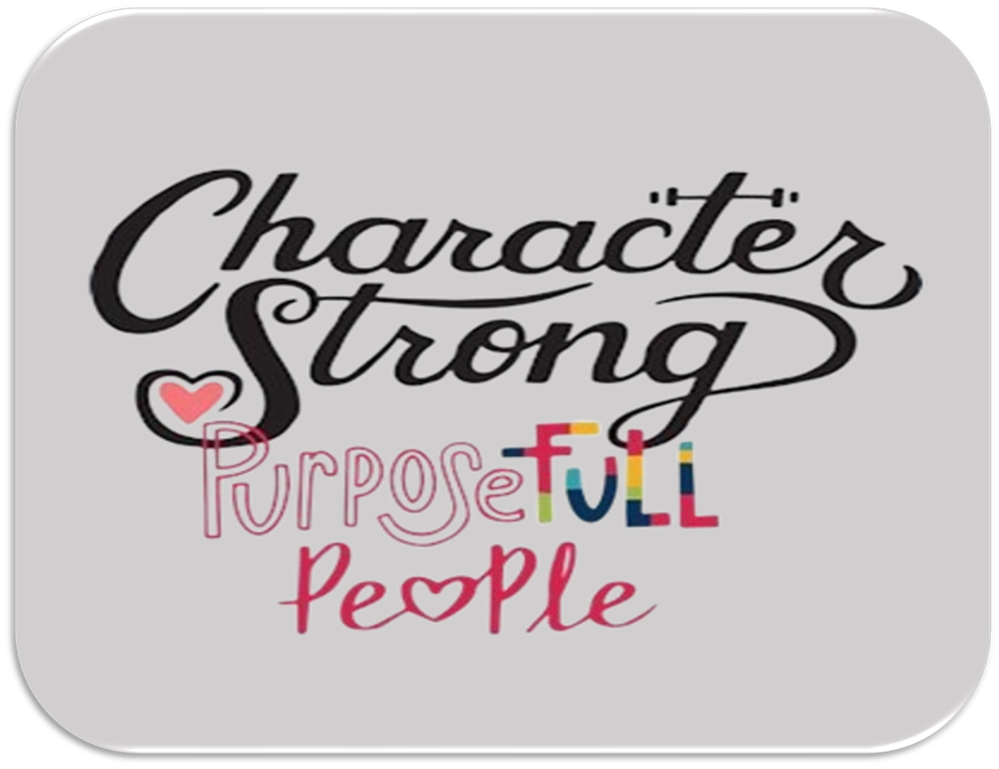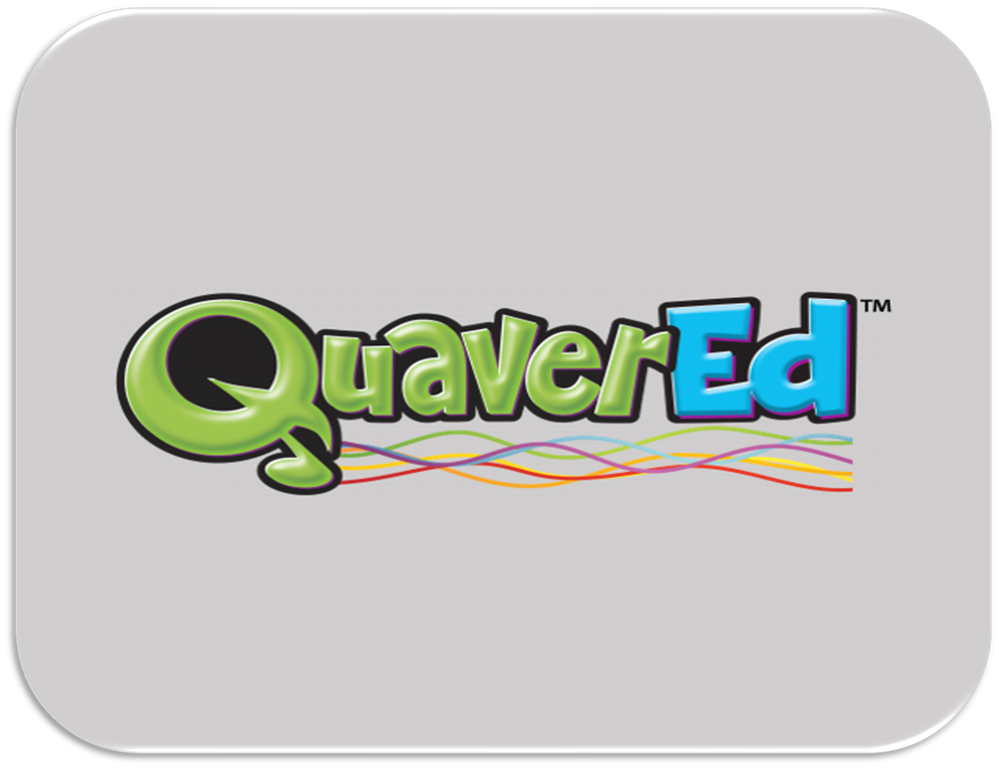- School District of Beloit
- 1st Grade - Social & Emotional Learning
1st Grade - Social & Emotional Learning
-
-
The School District of Beloit has selected a high-quality social, emotional learning curriculum aligned to WI state competencies that incorporates research-based instructional strategies to support all students in their social and emotional growth. The goal of the social and emotional learning program is to prepare our students to be kind, be well and be strong. As a result, we make an effort to establish a solid foundation in social skills and conflict resolution, executive function and emotional regulation. At all grade-levels, lessons build on a student’s prior social and emotional development and focus on future growth via the themes of respect, empathy, cooperation, responsibility, perseverance, courage, gratitude, honesty and creativity.
-
1st Grade Social & Emotional Learning Units
-
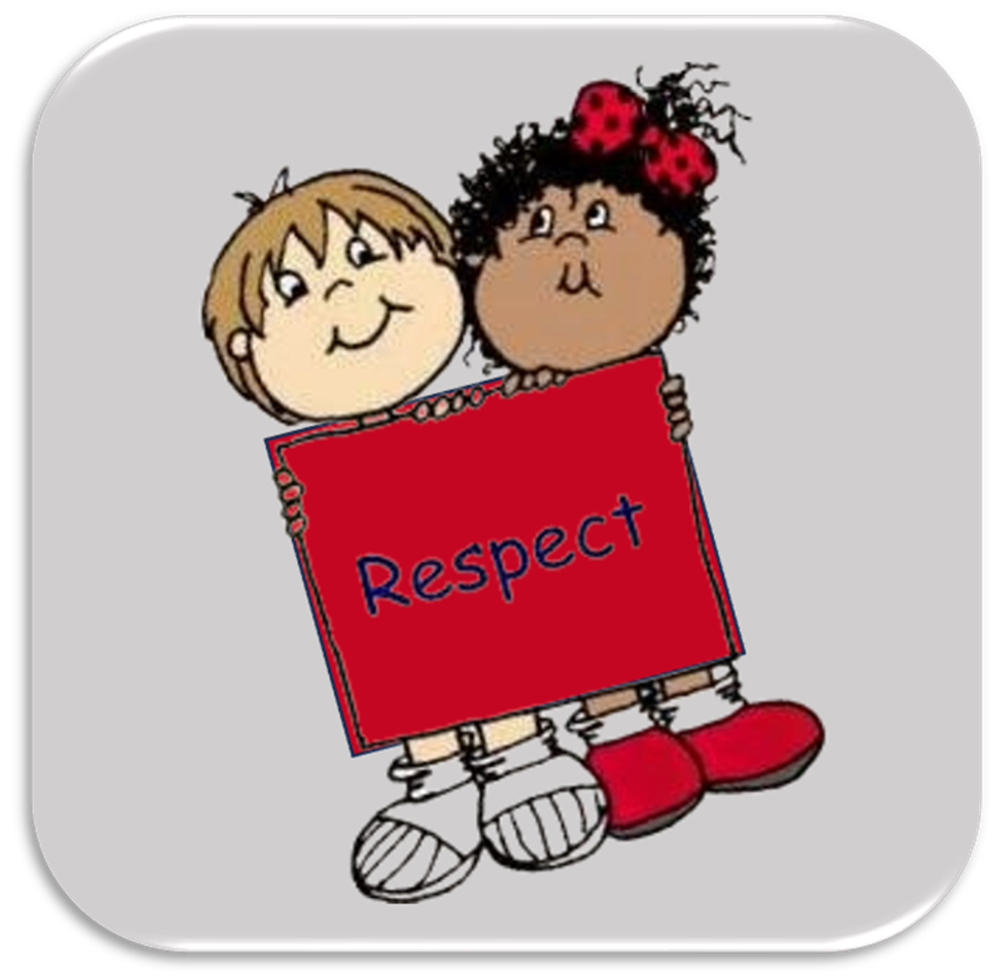
Respect
Students will learn and practice listening skills and create a classroom Respect agreement. Students will discover the importance of individuality and how they come together to make a connected group. Students analyze scenarios to determine if they are bad signs, warning signs, or good signs in a friendship. Students will identify how words and actions affect others in a positive or negative way.
-
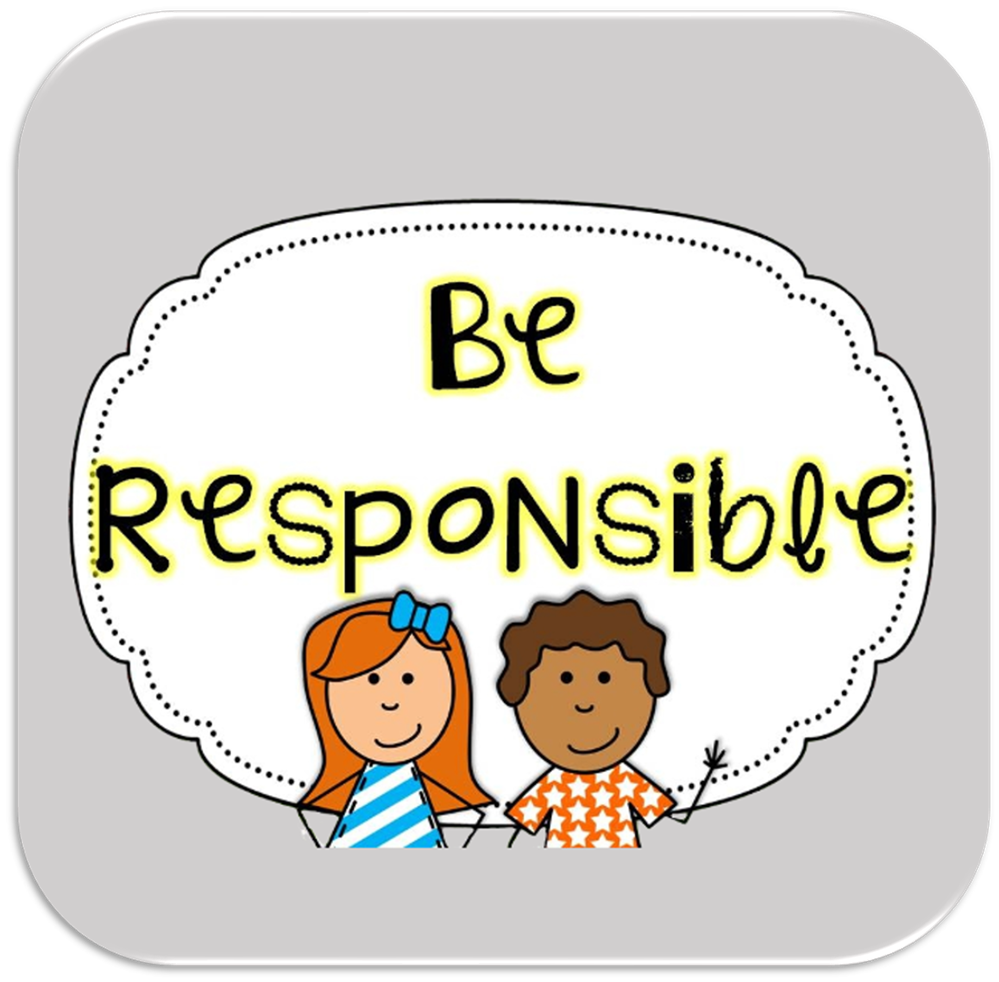
Responsibility
Students will learn ways to practice Responsibility with their hands, feet, ears, eyes, and mouths. Students will explore what it feels and looks like to manage distractions. Students will practice anticipating and overcoming distractions to better focus on Responsibilities. Students will identify and describe ways to be Responsible by self-monitoring to stay focused on important tasks.
-
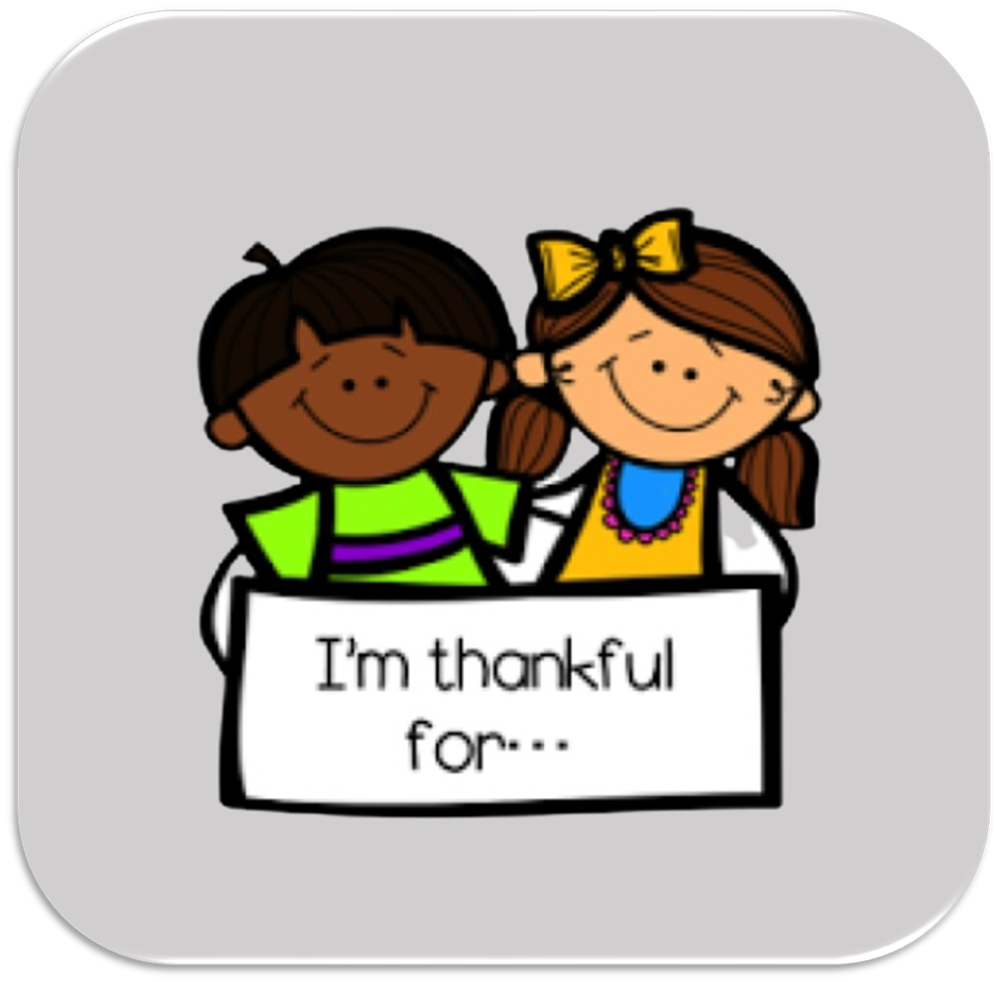
Gratitude
Students will practice identifying and communicating how they would feel in different scenarios. Students will identify and share different things they are Grateful for. Students will make a plan for how to respond and act when feeling certain emotions. Students will reflect on a time they have felt Grateful and identify their emotions during that time.
-
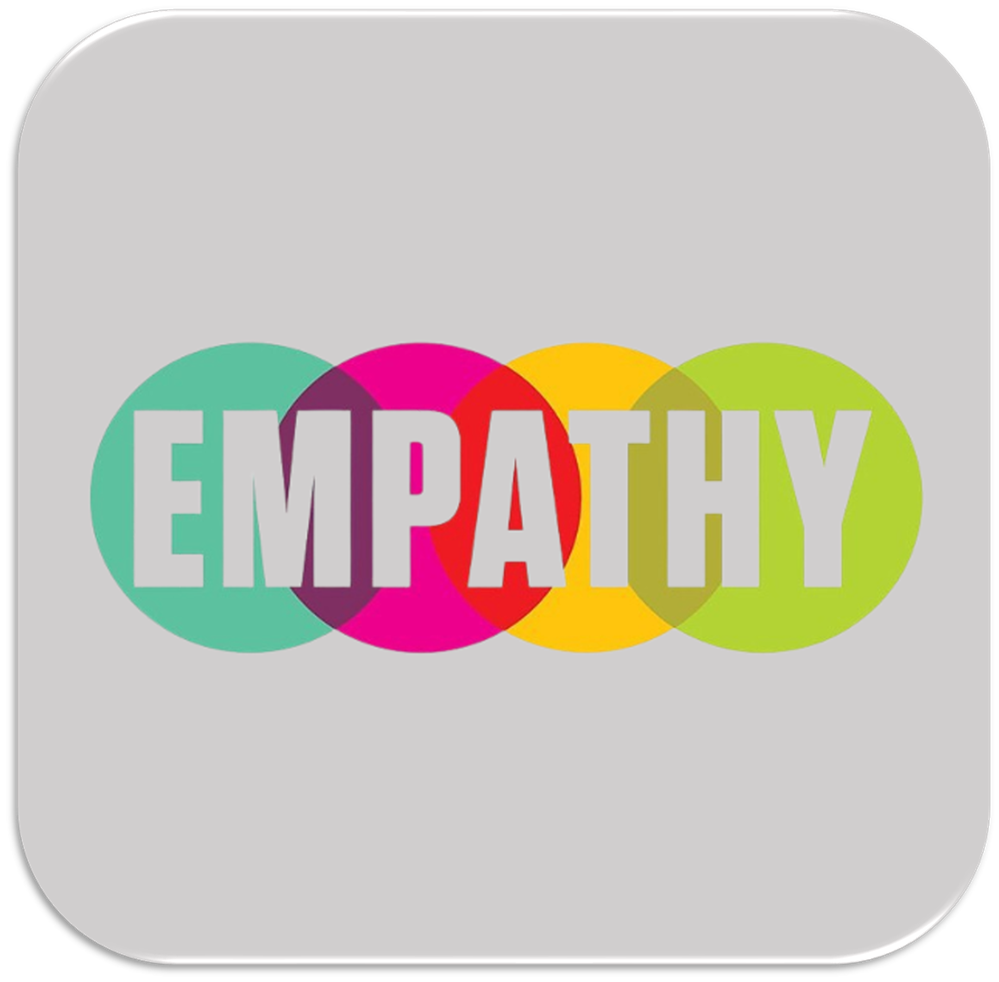
Empathy
Students will discuss and practice recognizing how other people could feel in different situations. Students will create a list of friendship skills and reflect on their own strengths and areas to grow. Students will practice showing Empathy during conflict with friends. Students will practice positive listening skills with friends.
-

Perseverance
Students will explore different Focusing strategies, then put their Focusing abilities to the test in a memory game. Students will discuss different types of distractions, then practice overcoming distractions using Perseverance. Students will practice learning from mistakes as they face a challenge. Students will demonstrate Perseverance and focus while working with a team to correctly spell the word Perseverance.
-
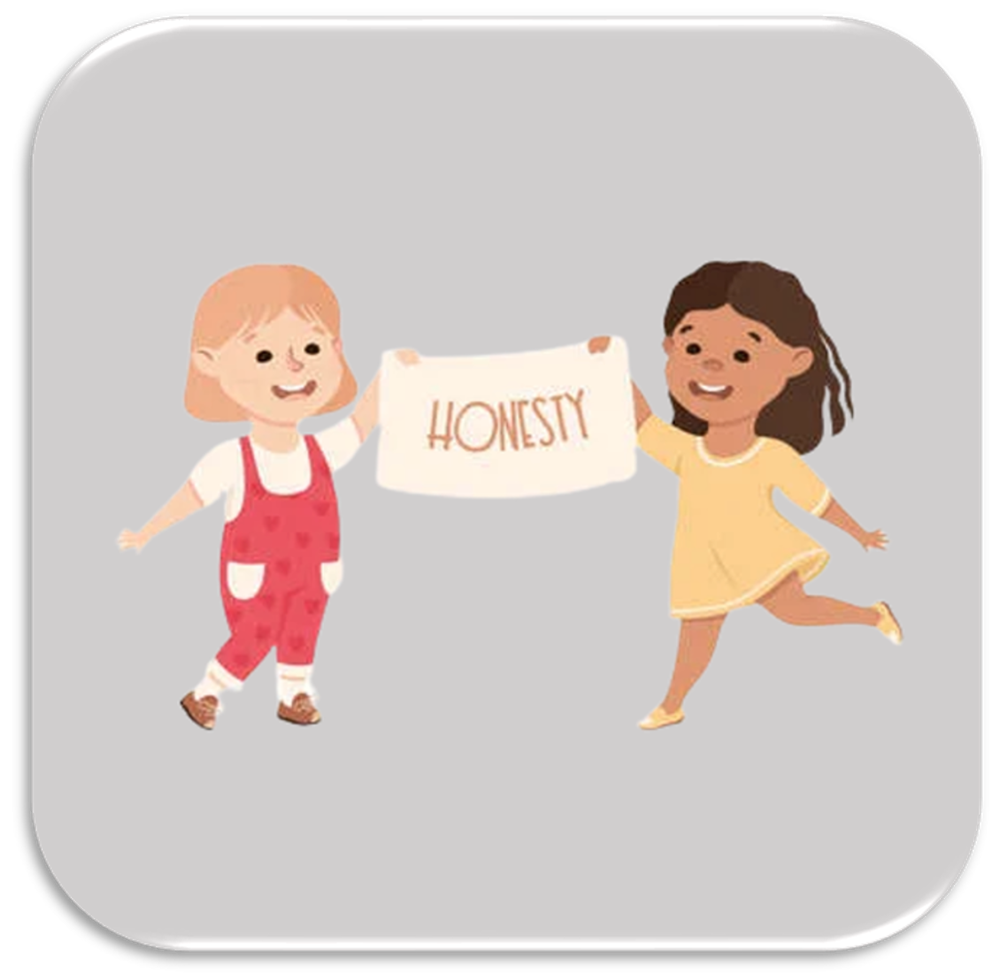
Honesty
Students will share examples of Honesty and how it makes them feel while playing a game. Students will identify whether or not a scenario is Honest and discuss ways to show Honesty. Students will practice using I-Statements to be Honest about their feelings. Students will decide whether certain Honest thoughts should be kept inside their minds or said out loud.
-

Cooperation
Students will work Cooperatively to help each other create a story from an image. Students will practice Cooperation by focusing on communication skills such as giving clear instructions & listening. Students will Cooperate in a way that helps others achieve a common goal. Students will practice the communication skills needed to Cooperate with others.
-
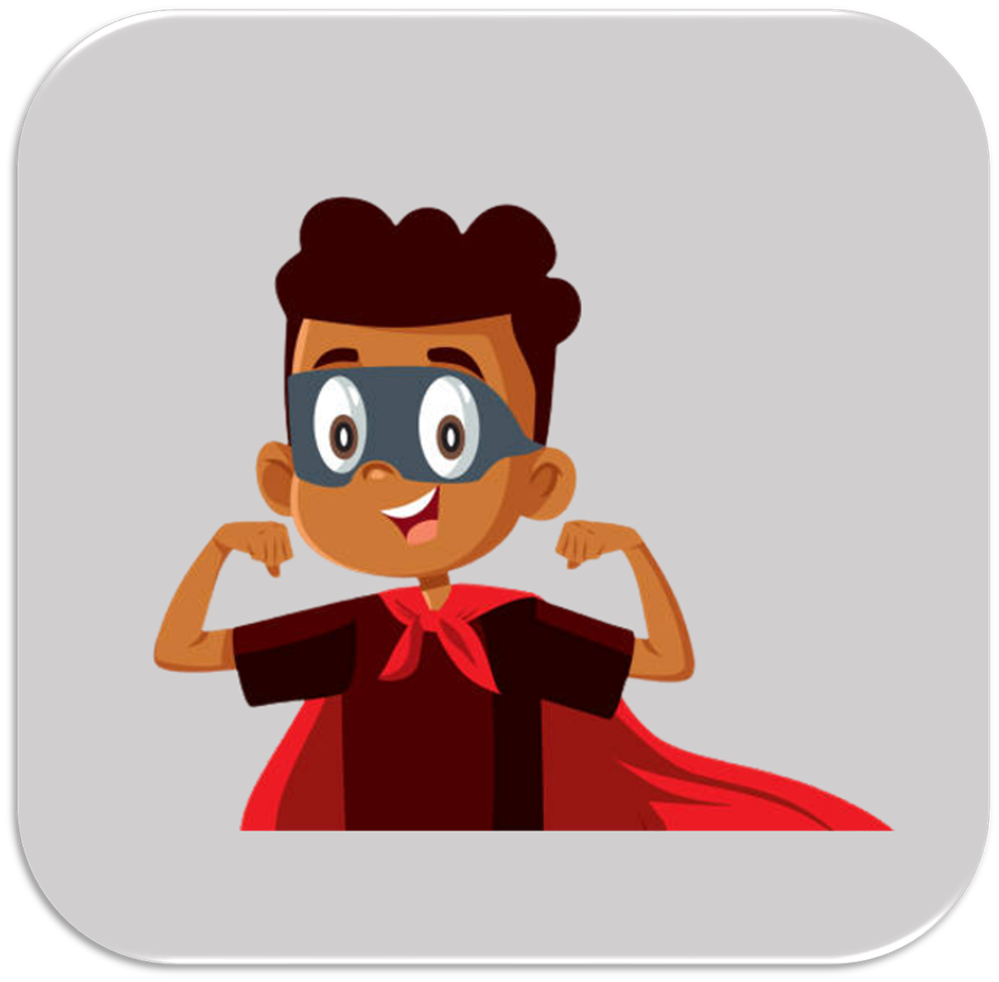
Courage
Students will learn to apply focusing strategies by Going on a Bear Hunt. Students will choose between different situations that require Courage and explain their responses. Students will set a Courage goal to try something new and share it with a partner. Students will create a class art piece that demonstrates everything they have learned about Courage and focusing.
-

Creativity
Students will review emotion awareness and work in groups to Creatively show their understanding. Students will identify emotions using Creativity to design an Emotion Map. Students will produce Creative works of art using limiting instructions. Students will practice Creative thinking and problem solving.
By the end of 1st Grade, students will...
-
Emotional Development
- recognize and label a variety of their own basic emotions.
- use verbal and nonverbal language to demonstrate a variety of increasingly complex emotions.
- with adult guidance, focus their attention by demonstrating a variety of strategies to tolerate distractions.
- with adult guidance, identify how others are feeling basic on their verbal and non-verbal cues and respond with compassion.
- predict how someone else may feel in a variety of situations.
Self-Concept
- identify and describe skills and activities they do well and those for which they need help.
- identify and explore their own beliefs.
- define the role family and culture play in their identity and beliefs.
- identify simple goals for personal and academic success.
- with encouragement, persist toward reaching a goal, despite setbacks.
Social Competence
- present their own point of view.
- identify commonalities they share with peers.
- recognize that individual differences are important to self and others.
- identify the different relationships they have with others.
- describe in simple terms how words, tone, and body language are used to communicate with others.
- with adult guidance, adapt behavior based upon peer feedback and environmental cues.
- demonstrate listening skills, ability to start and stop conversations, and take turns in conversations.
- understand the perspective of others in a conflict situation.
- with adult guidance, generate possible choices and actions they could take in a given situation, including positive and negative options.
- demonstrate positive behaviors as established in the classroom and school-wide expectations.
- describe ways to promote personal safety.
- identify how to get help from a trusted adult in a variety of situations.
- with adult guidance, identify classroom, school, and/or community needs.

